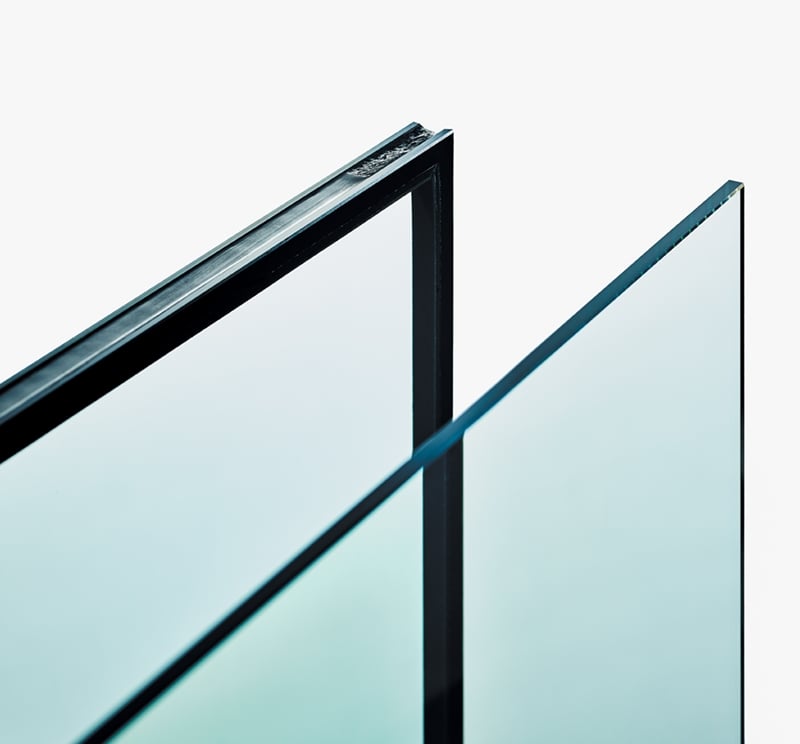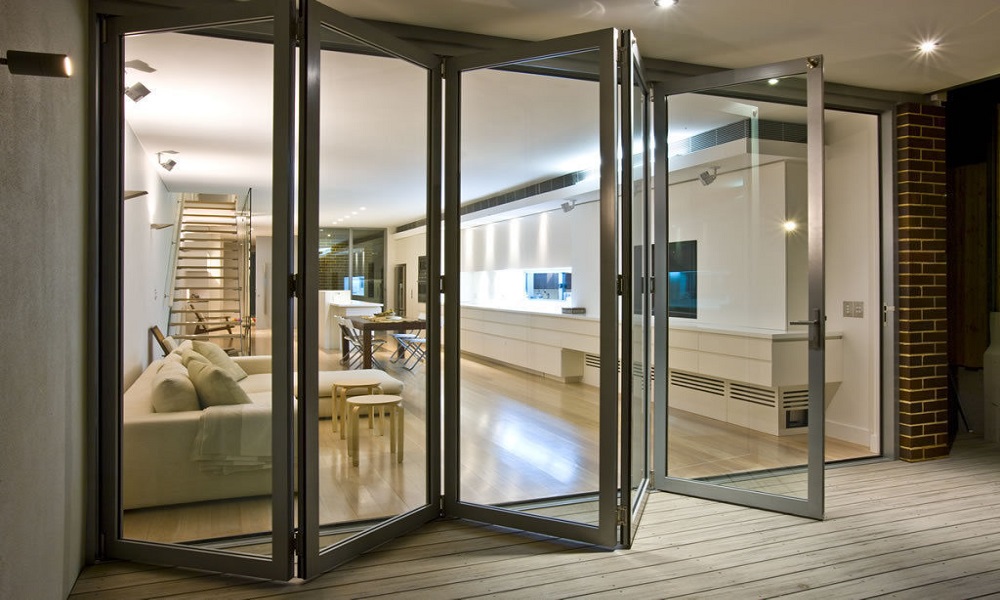All Categories
Featured
Table of Contents
Techniques For Double Glazing Windows in Parmelia Perth
Glazing simply indicates the windows in your home, consisting of both openable and fixed windows, as well as doors with glass and skylights. Glazing actually just implies the glass part, however it is generally utilized to describe all aspects of an assembly including glass, movies, frames and home furnishings. Taking note of all of these elements will help you to achieve reliable passive style.

Energy-efficient glazing makes your house more comfy and dramatically lowers your energy costs. Nevertheless, improper or badly created glazing can be a major source of undesirable heat gain in summer season and substantial heat loss and condensation in winter season. Approximately 87% of a home's heating energy can be gained and as much as 40% lost through windows.
Double Glazed Windows Melbourne - Upvc - German ... in Riverton Western Australia
Glazing is a significant financial investment in the quality of your home. A preliminary investment in energy-efficient windows, skylights and doors can considerably minimize your annual heating and cooling expense.

This tool compares window choices to a base level aluminium window with 3mm clear glass. Understanding a few of the essential properties of glass will assist you to pick the finest glazing for your house. Key homes of glass Source: Adapted from the Australian Window Association The quantity of light that travels through the glazing is referred to as visible light transmittance (VLT) or visible transmittance (VT).
How Does Double Glazing Keep Heat Out? in Orelia Western Australia
The U value for windows (revealed as Uw), explains the conduction of the whole window (glass and frame together). The lower the U worth, the higher a window's resistance to heat circulation and the better its insulating worth.
For instance, if your home has 70m2 of glazing with aluminium frames and clear glass with a U value of 6. 2W/m2 C, on a winter's night when it is 15C cooler outside compared to inside your home, the heat loss through the windows would be: 6. 2 15 70 = 6510W That is comparable to the overall heat output of a big room gas heating system or a 6.
Canberra Window Replacement - Upvc Double Glazed ... in Bickley Western Australia

If you choose a window with half the U value (3. 1W/m2 C) (for instance, double glazing with an argon-filled space and less-conductive frames), you can halve the heat loss: 3. 1 15 70 = 3255W The solar heat gain coefficient (SHGC) for windows (revealed as SHGCw) determines how easily heat from direct sunshine streams through an entire window (glass and frame together).
The lower a window's SHGC, the less solar heat it sends to your home interior. Glazing manufacturers state an SHGC for each window type and style. The real SHGC for windows is impacted by the angle that solar radiation strikes the glass. This is called the angle of incidence.
How To Retrofit Your Windows With Double Glazing, And Keep ... in Neerabup Western Australia
When the sun is perpendicular (at 90) to the glass, it has an angle of occurrence of 0 and the window will experience the optimum possible solar heat gain. The SHGC stated by glazing manufacturers is constantly computed as having a 0 angle of incidence. As the angle increases, more solar radiation is reflected, and less is transferred.
Table of Contents
Latest Posts
A Complete Guide To Double Glazed Windows in Padbury WA
Low Emission Glass - Glass Systems: Glass Manufacturer in Greenwood WA
Double Glazing Versus Secondary Glazing in Floreat Western Australia
More
Latest Posts
A Complete Guide To Double Glazed Windows in Padbury WA
Low Emission Glass - Glass Systems: Glass Manufacturer in Greenwood WA
Double Glazing Versus Secondary Glazing in Floreat Western Australia